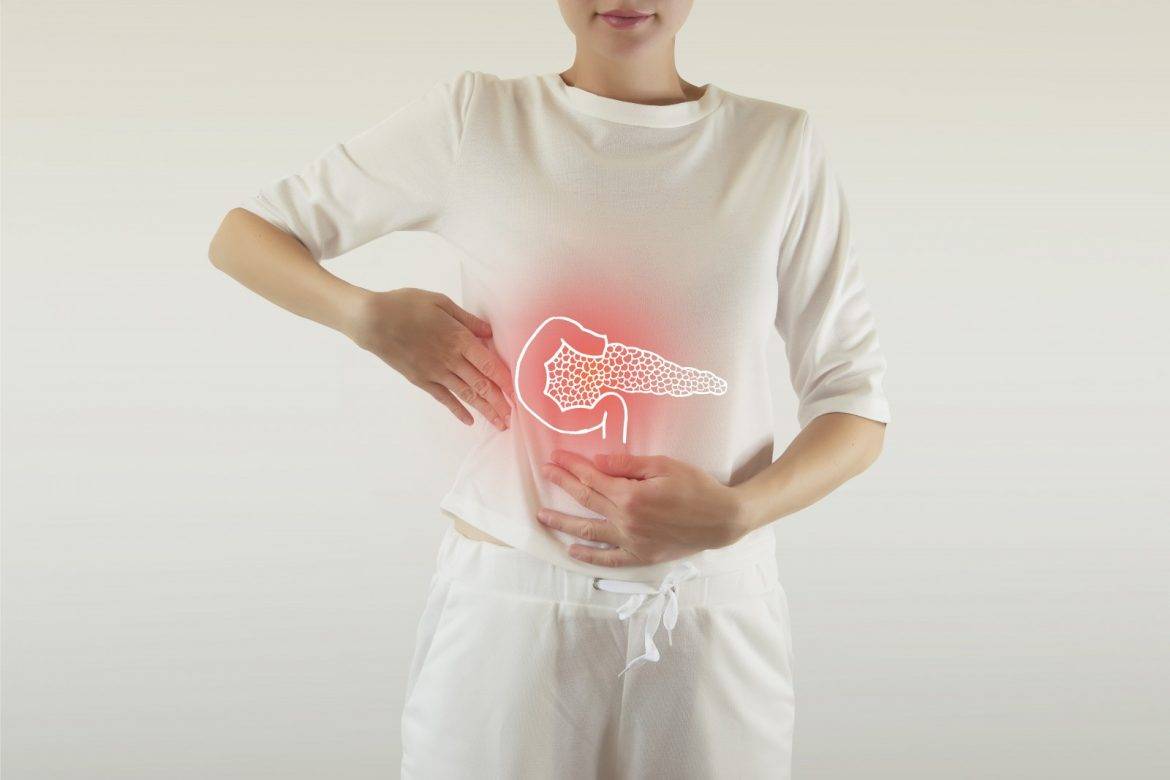Poisoning can occur as a result of exposure to toxic substances, including chemicals, household products, drugs, plants or food. In cases of poisoning, it is critical to act quickly and appropriately to prevent further damage. Here are important steps for first aid for poisoning:
Call the Emergency Number Immediately: If you suspect someone has been poisoned, call the emergency number (112 in the Netherlands) immediately. Give emergency responders as much information as possible, such as the victim’s age and condition, the type of poison and the amount ingested.
Remove the Victim from the Poison’s Surroundings: If it is safe to do so, move the victim from the poison’s surroundings to prevent further exposure. Make sure that you yourself are not at risk of poisoning either.
Assess the Condition of the Victim: Check that the victim is conscious and breathing. If the victim is unresponsive, check breathing and, if necessary, start CPR according to cardiopulmonary resuscitation (CPR) guidelines.





